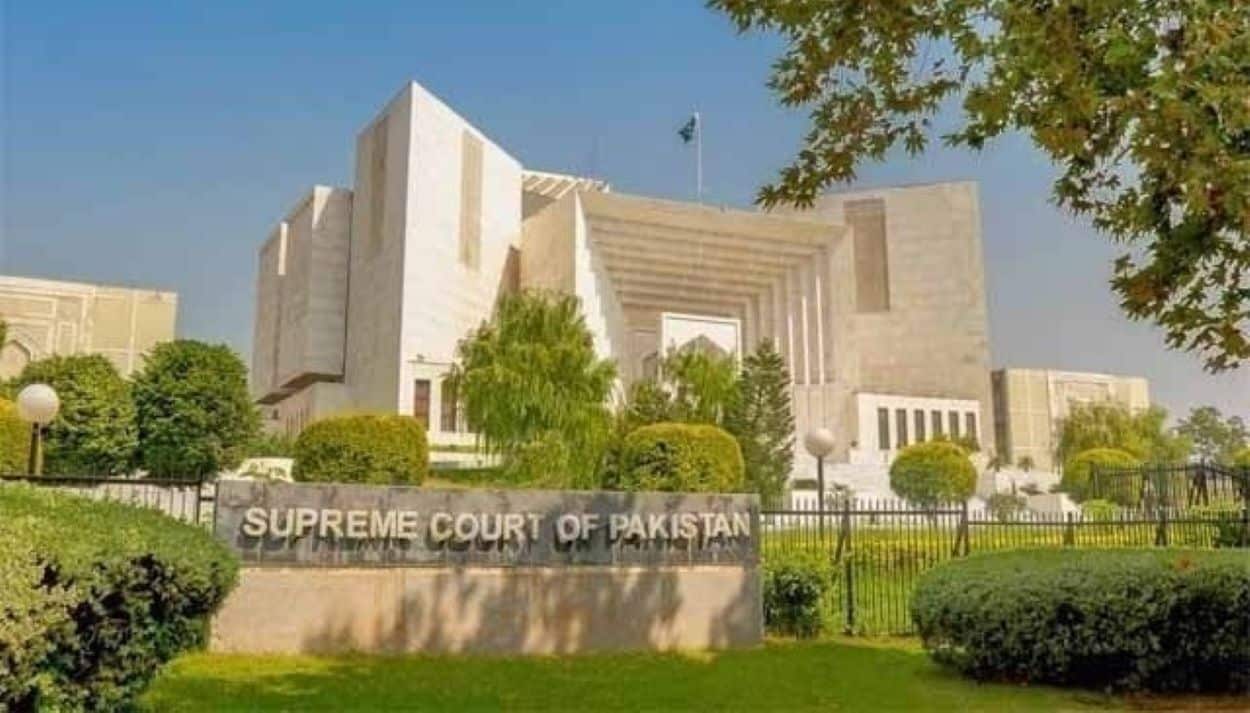Chief Justice of Pakistan (CJP) Justice Yahya Afridi’s letter, published alongside minutes from the judges’ committee meetings, reveals sharp divisions within the Supreme Court regarding the hearing procedure for petitions challenging the 26th Constitutional Amendment.
The documents detail meetings that took place between October 31, 2024, and May 29, 2025, revealing a division that arose after Justices Mansoor Ali Shah and Munib Akhtar held a committee meeting on October 31 in the Chief Justice’s absence. During this meeting, they agreed to schedule a full court hearing for November 4, 2024.
Chief Justice Afridi raised an objection, emphasising that petitions filed under Article 184(3) of the Constitution must be heard exclusively by a constitutional bench. After consulting all 13 Supreme Court judges, he determined that nine were in favour of a constitutional bench hearing rather than a full court proceeding.
Despite ongoing requests from Justices Mansoor and Munib for a full court hearing, Afridi assigned the case to a constitutional bench. He argued that convening a full court would disrupt judicial harmony and leave the judiciary vulnerable to public criticism.
Read: IFJ Urges Supreme Court to Review PECA Amendments Amid Press Freedom Concerns
The released minutes include Afridi’s detailed written response to Justice Mansoor’s prior letter, in which he cited constitutional provisions, including Article 191A and its sub-sections, to justify restricting the case to a constitutional bench. Afridi further noted that under the 2023 Committees of Judges Act, only the constitutional committee of judges may decide on case fixation.
According to the documents, Afridi reported that two judges favoured a full court hearing while the majority opposed. He shared these preferences and accompanying reasons with Justices Mansoor and Munib.
The letter also discloses that Afridi received two sealed letters from “brother judges” advocating a full court hearing late on the afternoon of October 31. He placed these letters, along with his sealed replies, in the custody of the Judicial Commission’s secretary pending the Commission’s meeting on November 5, 2024.
This constitutional and procedural dispute underscores underlying tensions within the Supreme Court amid challenges to a controversial amendment widely debated for its impact on the judiciary’s independence and constitutional principles.






